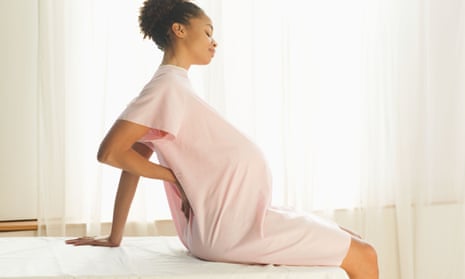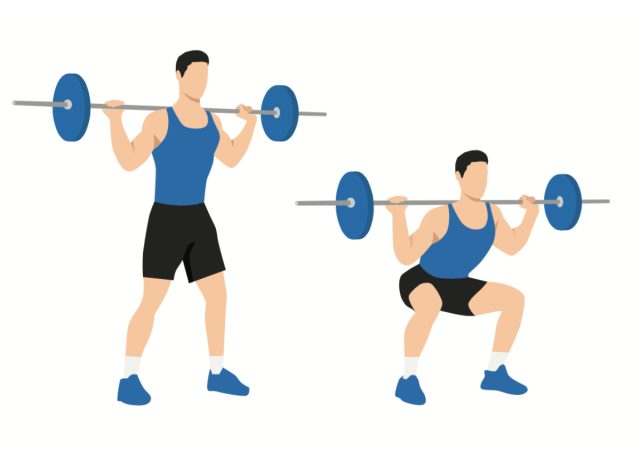Acupuncture relieves back and pelvic pain during pregnancy, study suggests
Analysis shows significant benefits with no major side-effects for mother or baby but more trials needed ‘to confirm results’

Acupuncture can significantly relieve the lower back or pelvic pain frequently experienced by pregnant women, according to a new global data analysis of the available evidence.
There were no observable major side effects for babies whose mothers opted for the procedure, the findings suggest, although only a few of the studies evaluated outcomes. The meta analysis was published in the journal BMJ Open.
“Acupuncture significantly improved pain, functional status, and quality of life in women with [lower back/pelvic pain] during the pregnancy. Additionally, acupuncture had no observable severe adverse influences on the newborns,” the researchers concluded. “More large-scale and well-designed [randomised controlled trials] are still needed to further confirm these results.”
Acupuncture is emerging as a potential treatment for various different types of pain, largely because it does not involve the need for drugs and is considered safe, say the researchers.
Acupuncture is a treatment derived from ancient Chinese medicine. Fine needles are inserted at certain sites in the body for therapeutic or preventative purposes. It is already used in NHS GP surgeries, as well as in pain clinics and hospices across the UK.
Exactly how it might ease pain is not yet clear, but is thought to involve the release of the body’s innate “happy” chemicals – endorphins – plus increases in blood flow to local skin and muscle. The NHS says it is likely that these naturally released substances are responsible for the beneficial effects experienced with acupuncture.
But whether it can ease the debilitating lower back or pelvic pain experienced by as many as nine in 10 women during their pregnancy remains hotly contested.
To add to the evidence base, the team of Chinese researchers trawled research databases from around the world for relevant clinical trials that looked at the pain relief afforded to pregnant women given acupuncture, alone or when combined with other therapies, as well as the potential impact on their newborns.
READ RELATED: BBC journalist, 30, ended up fighting for her life in hospital with sepsis
The final analysis included 10 randomised controlled trials, involving more than 1,000 women. Every study was published between 2000 and 2020, and carried out variously in Sweden, the UK, the US, Spain and Brazil.
The mothers-to-be were all healthy, 17 to 30 weeks into their pregnancy on average, and had lower back or pelvic pain or both. Acupuncture was delivered either by trained acupuncturists, physiotherapists, or midwives. A total of seven trials described body acupuncture; three described auricular (ear lobe) acupuncture.
Pooled data analysis of the trial results for nine studies suggested that acupuncture significantly relieved pain during pregnancy. Of the four studies reporting on the potential of acupuncture to restore physical function, the results showed that this was significantly improved.
Quality of life was recorded in five studies. When the results of these were pooled, the findings suggested that acupuncture significantly improved this too.
The adjusted pooled data analysis also suggested that acupuncture was safe, and for the four studies reporting on it, that there was no significant difference in health scores of the babies when acupuncture was compared with other interventions, or none.
Seven studies recorded other expected minor side-effects for the mothers-to-be, such as pain, soreness and bleeding at the needle site, and drowsiness. Nevertheless, participants rated acupuncture favourably and most were willing to repeat it, if needed.
The researchers cautioned that the number of included studies was relatively small and their quality variable. The design, methodology, outcomes, and participant characteristics also differed substantially, they added.
Nevertheless, they concluded that acupuncture merits closer attention for its potential to ease pain at a time when it is preferable to avoid drugs because of the potential side-effects for mother and baby.
Source: Health & wellbeing | The Guardian







